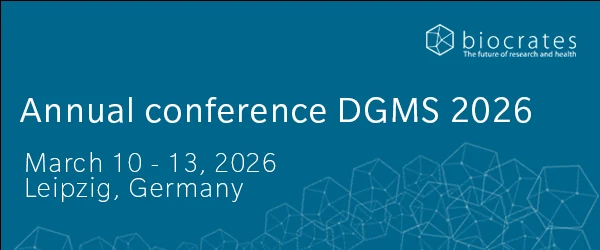Association of proton pump inhibitor use with endothelial function and metabolites of the nitric oxide pathway: A cross-sectional study
Long-term intake of proton pump inhibitors (PPIs) has been associated with elevated risk of cardiovascular events. Nevertheless, they are still widely used to treat increased gastric-acid production, even without medical supervision. Demonstrating and understanding a causal link between PPIs and cardiovascular risk could help to inform regulatory decisions around the safe use of PPIs in future.
It has been suggested that PPIs block the enzyme activity of dimethylarginine dimethylaminohydrolase (DDAH). This leads to increased levels of endothelial asymmetrical dimethylarginine (ADMA), which in turn inhibits endothelial nitric oxide synthase (eNOS) and lowers nitric oxide (NO) levels. Since NO is responsible for endothelial functions, like vasorelaxation, disruption of its regulatory circuit might cause cardiovascular events.
So far, this mechanism of action has been proved only in human cell cultures and mouse models by altered ADMA levels. Based on this, Dr. Baumeister and colleagues in Munich hypothesized an association between decreased levels of citrulline, which is the product of both DDAH and eNOS activity, and daily intake of PPIs.
The study included participants of the population-based Study of Health in Pomerania (SHIP-0 and SHIP-2). The research team analyzed the association of regular long-term intake of PPIs and serum metabolites of the NO pathway. Additionally, the effect of PPIs on flow-mediated vasodilatation (FMD) was assessed.
PPI users showed 0.99% lower FMD than non-users. Similarly, PPI intake resulted in 3.03 µmol/L reduced citrulline levels. These results are quite substantial considering the population mean FMD of 5.59% and citrulline of 31.46 µmol/L. The analysis also showed that to refute these observed associations, unmeasured confounders would have to be related to PPI intake by a risk ratio of 1.9 above those measured. No association was found between PPI intake and the other metabolites of the NO pathway, ADMA, symmetric dimethylarginine (SDMA), and arginine, which is consistent with previous evidence.
Directly assessing the relation between PPI intake and NO levels is challenging because NO is reactive and complex to measure. ADMA does not appear to be a practical indicator of DDAH activity since its plasma levels do not reliably reflect its endothelial levels. Since citrulline is the product of ADMA degradation by DDAH and eNOS activity, it might show the biggest response to PPI intake. Finally, this study confirmed that citrulline could be a suitable marker for disruptions of the NO pathway leading to decreasing NO levels and increasing risk for cardiovascular events.
Explore our recent articles to find out more about how metabolomics in population-based cohort studies can help reveal mechanisms of actions.
Nolde M, Bahls M, Friedrich N, Dörr M, Dreischulte T, Felix SB et al.: Association of proton pump inhibitor use with endothelial function and metabolites of the nitric oxide pathway: A cross-sectional study. (2021) Pharmacotherapy: The Journal of Human Pharmacology and Drug Therapy | https://doi.org/10.1002/phar.2504


